Entry Category: Government and Politics - Starting with F
aka: Indian Trading Posts
Family, The [Political Dynasty]
Famous and Historic Tree Program
 Farkle Finger
Farkle Finger
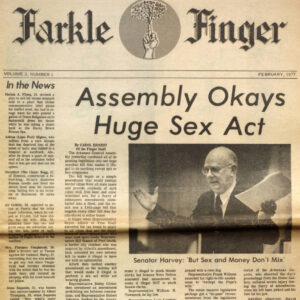 Farkle Finger
Farkle Finger
Farkleberry Follies
Farm Resettlement Projects
aka: Resettlement Administration
aka: Farm Security Administration
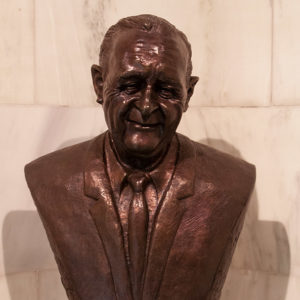 Faubus Bust
Faubus Bust
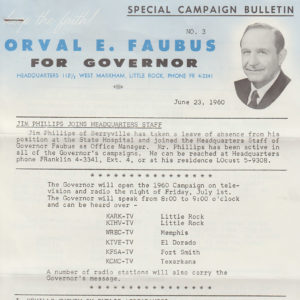 Faubus Newsletter
Faubus Newsletter
Faubus, Orval Eugene
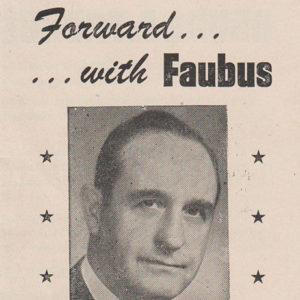 Faubus's First Campaign
Faubus's First Campaign
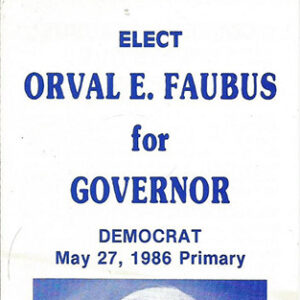 Faubus’s Final Campaign
Faubus’s Final Campaign
Faucette, James Peter
Faucette, Will
aka: William Chesley Faucette
 Faulkner County Courthouse
Faulkner County Courthouse
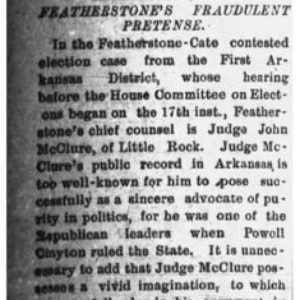 Featherstone Article
Featherstone Article
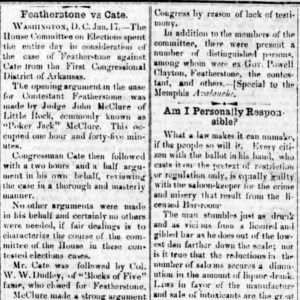 Featherstone v. Cate
Featherstone v. Cate
Featherstone v. Cate
Featherstone, Lewis Porter
Feild, William Hume “Rush” Sr.
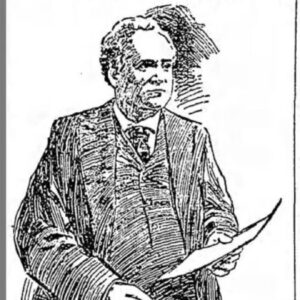 John R. Fellows Death Article
John R. Fellows Death Article
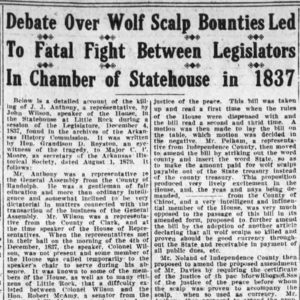 Fighting Legislators Article
Fighting Legislators Article
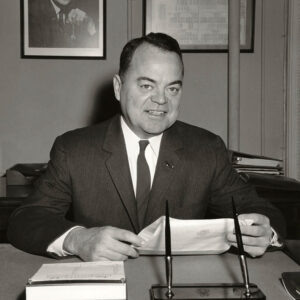 William F. Finan Jr.
William F. Finan Jr.
Finan, William F., Jr.
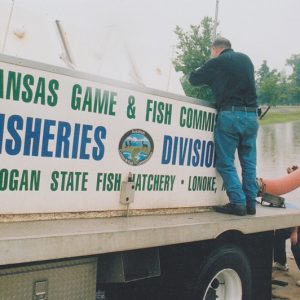 Fingerling Stocking
Fingerling Stocking
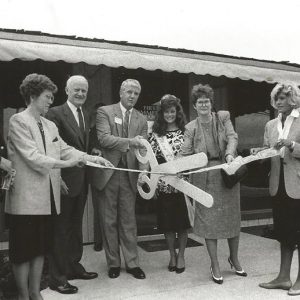 First Commercial Ribbon Cutting
First Commercial Ribbon Cutting
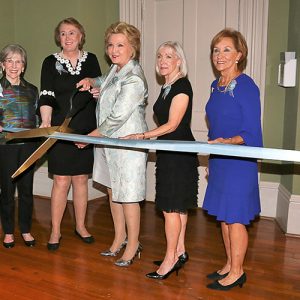 First Ladies Exhibit Grand Reopening
First Ladies Exhibit Grand Reopening
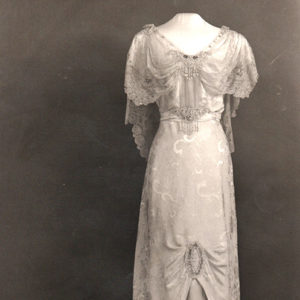 First Lady Gown
First Lady Gown
First Spouses
aka: First Ladies
aka: First Gentlemen
Fishback, William Meade
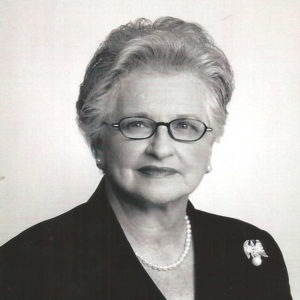 Jimmie Lou Fisher
Jimmie Lou Fisher
 Jimmie Lou Fisher
Jimmie Lou Fisher
Fisher, Jimmie Lou
Flanagin, Harris
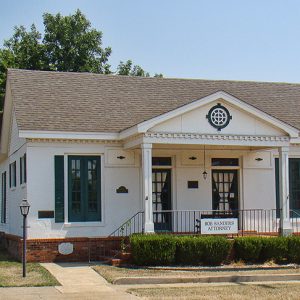 Flanagin Law Office
Flanagin Law Office
Floating CCC Camp at Jacks Bay
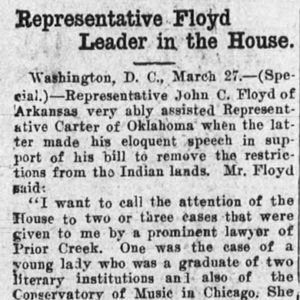 John C. Floyd Article
John C. Floyd Article
Floyd, John Charles
Forbes, Ralph Perry
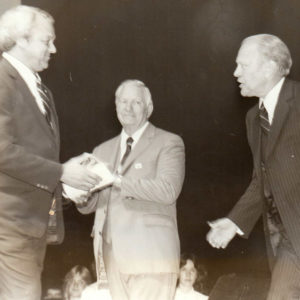 Ford Visit
Ford Visit
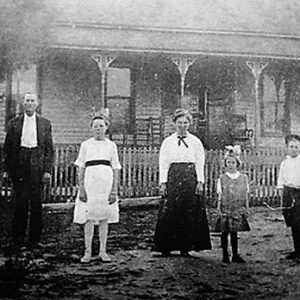 Ford House
Ford House
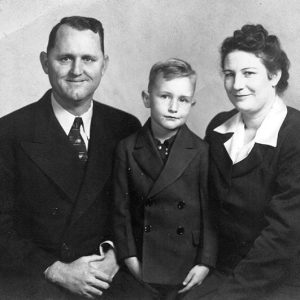 Ford Family
Ford Family
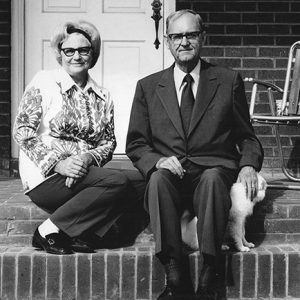 Arch and Ruby Ford
Arch and Ruby Ford
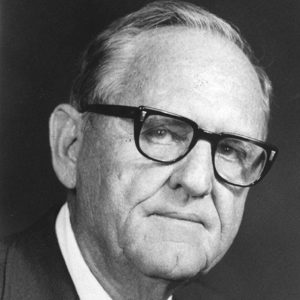 Arch Ford
Arch Ford
Ford, Archibald Washington (Arch)
Ford, Joe Thomas
Fort Smith Conference (1865)
Fort Smith Council
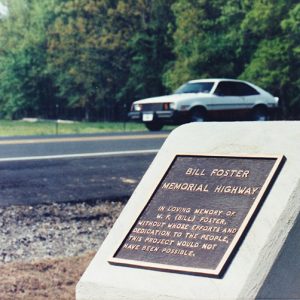 Foster Memorial
Foster Memorial




